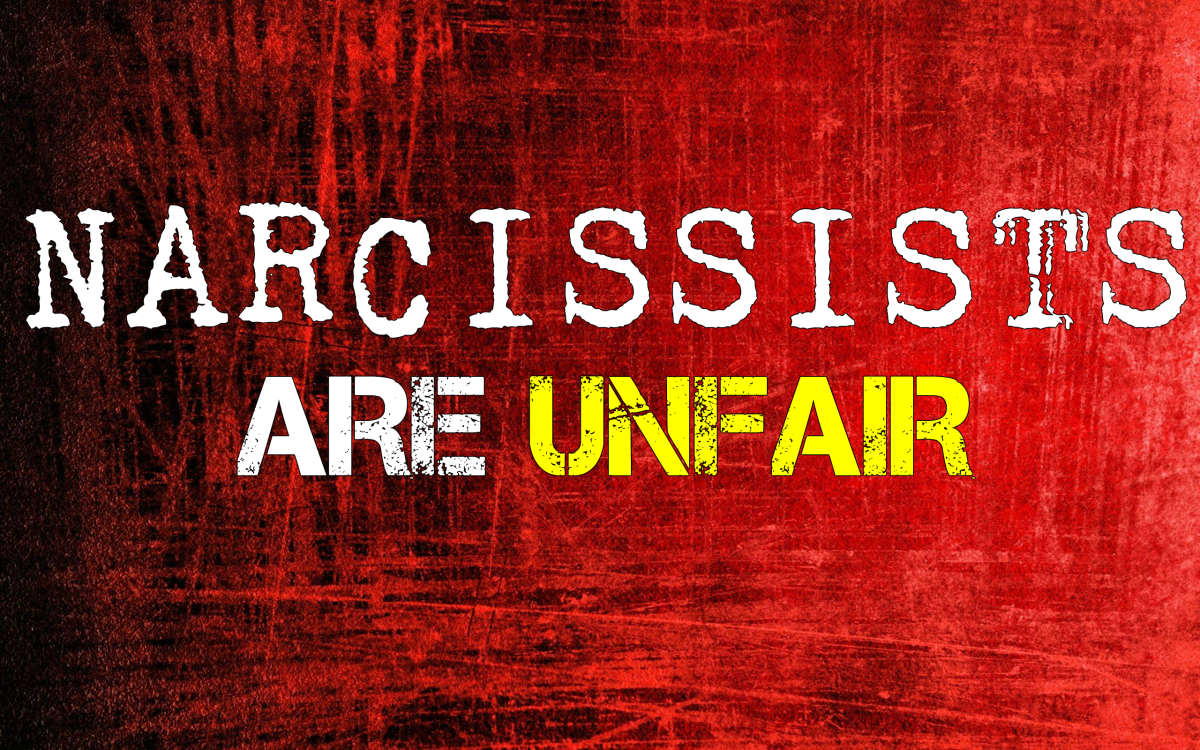Your Desire to Be “Just Perfect” Could Be Hurting Real Life!
Perfectionism Can Be Painful
By Christofer French – Rain Dancer Associates, LLC
They say that Voltaire first popularized the well known observation that “the Perfect Should Not be the Enemy of the Good”.
Many political, social and life events have brought forth this idea in clear and concise imagery. Revolutions in general suffer from this. Or one could say that “Revolutions Profit by this!”
When revolutions are in full ardor, heads are being lopped off, hundreds are left in the snow in Siberia, and the “in groups” are blessed with safety because they say the right things and know the exactly correct people. You can see this aphorism in full flower if you think of examples in your own life.
When the Perfect Becomes the Enemy of the Good There is Suffering.
In Gordon Livingston, M.D.'s motivational volume, Too Soon Old, Too Late Smart. (2004) he argues that "the perfect is the enemy of the good". As a psychiatrist, his concern is with control and obsession. He sees control-obsessed people every day. His eloquent quote from Page 43 addresses this idea:
“In our dreams we could bend the world and the people in it to our will. Gone would be the need to negotiate differences, to endure the uncertainty of failure and rejection. Though we come to understand that such a world is impossible, sometimes we go to great lengths to achieve whatever control we can over those around us through the exercise of power and manipulation.
Livingston thus colorfully presents the idea of realism, that in the real world we must negotiate with the real world and endure failure and rejection at times. This is a sobering thought -- it is of course important to be realistic about what the world presents. Livingston recognizes that an insistence on the perfect is important for the careers of professionals, but in the real hurly burly of the stressful daily around, perfectionism is not something that can actually happen on a predictable and controlled basis.
Yes high standards of “perfection” are important in air craft, mechanical contrivances of all sorts that have to do with safety to people, the environment and society. Surgery is famous for demanding perfection, even though in reality people here of sponge and scalpels left inside bodies all the time, and the wrong limbs being amputated, or eyes or kidneys being treated when the other organ needed the treatment. However the image of perfection inside our lives does not have to do with ULTIMATE PRECISION (flawed though it actually may be).
It has to do with the human heart, the psyche, social relationships, romance and human interaction. It has to do with how we treat each other, and how we treat ourselves!
It also has much to do with our self talk.
Note once again that Livingston deals with the world of services and technology and how “zero defects” does not apply to human life relationships.
“Of all the burdens we inflict on ourselves and those around us, perfectionism is among the weightiest. . . The list of human failures of competence and attitude is long. "Zero defects" is an ideal frequently sought but seldom achieved.
The Mutiny on the Bounty as a Picture of SELF TALK
If you are not “obsessively perfectionistic”, you most certainly know someone who is: a mother, a brother, a close friend, an associate at work. As I keep telling one of my favorite people about their “problem” (which by the way, they agree they are), I say: “You know “perfectionistic” does not mean you are better than other people because you are always reaching for the best. It means your brain is a bit crippled, not understanding that we humans and our relationships are fluid, flawed, fatalistic, emotional, sometimes angry, searching for sincerity and love and comfort in a dynamic crazy world of constant stimulation and human over reaction. And most of all, it means that when you address yourself each morning, if you are perfectionistic, you are not really a friend to yourself.
People who “beat themselves up” constantly are daily losing the good friend that they could be to themselves. If we would not lash ourselves for our weaknesses and flaws then we might better be able to greet the next day.
I recently watched an old film, The Bounty, based on the Nordhoff and Hall trilogy. This 1984 movie was a kind of reconstruction of the same stories done with Charles Laughton and Clark Gable (1935) and Trevor Howard and Marlon Brando (1962). This newest film was done with Anthony Hopkins and Mel Gibson.
In the flogging scene I am referring to the young Liam Neeson receives a violent and bloody thrashing by a “cat o’ nine tails” for what many would consider a “misdemeanor” at best. It is a gripping and excruciating image for the viewer.
Since I have seen all three of these movies, I have thought for years about how the healing of a thrashing impacted the individual. He would require constant vigilant care to prevent infection and encourage healing. Someone would have to care for him, thus taking time from other duties. The victim could not do his regular duties, or if he were forced to do his regular duties, he would not be able to perform them well, so other members of his crew would have to help him. Now, let us consider what a thrashing such as this would do to a person. If you examined this individual a day later, a week later, a month later, or a year later you would find a person dealing with malice, hatred, PTSD, overly sensitive reactions to many different stimuli and a person who could be seething with a venomous anger that might plot retaliation. And of course, that is what the story of the Mutiny is about. How did this Mutiny take place, what kind of perfectionism led to punishments like this and other maltreatments?
How do you Treat Yourself? Are you a William Bligh or a Fletcher Christian?
It might stretch your own imagination to see yourself as Charles Loughton or Trevor Howard or Anthony Hopkins. But many of us are “Captain Blighs” with ourselves! Of course this is not literal (although there are those who cut themselves which is a specific psychological condition) but figuratively speaking, many of us crave to see ourselves in a perfectionistic way; and punish ourselves when we do not reach our ideal.
“Am I beautiful or handsome enough?”
“Do I smile appropriately and treat the right people right?”
“Am I smart enough about all the things that matter?”
“Am I at the right weight for my body? I must keep losing pounds!”
“Am I driving the right vehicle for approval in my group?”
“Am I wearing the perfect wardrobe for those who I wish to impress?”
“Is my performance at work as “high achieving” as it possibly can be?”
These and many other questions haunt the perfectionistic. Of course, we all care about these things, but normal people don’t lash themselves for not achieving the things they wish to be perfect in.
Remember the picture and image of HEALING.
See yourself receiving the healing that you need. This is perhaps the real point of this article. It is not that perfectionism is a misreading of the Real World Around You (which it is); it is that your continual punishment of yourself TRULY HOLDS YOU BACK.
If you really do have such high standards, you should think beyond the beatings that you give yourself. When you arise in the morning, if you want to be “at your best”, it would really be advantageous to NOT punish yourself excessively.
Upset Stomach
Headaches
Depression
Abiding Sadness
Lackluster Energy
Loss of a Loving Nature
I use the above symptoms as a way to get you to think about your own nature. Are you suffering from these or other symptoms just because you hold the threat of a thrashing over yourself? Or, like some do, you go home becalmed in a deep quiet sea of forlorn feelings and lost hope?
If you are a Captain Bligh try to envision yourself in a Court Room setting. See your more mature self, your higher mind, your healthy soul reading off a Sentence:
“Dear Captain Bligh, since you are a relentless enemy of my serenity and my health, I am going to retire you to a quiet English cottage where you can not be the Captain of my Daily Journeys. I am precious to myself, and I wish for you to be permanently retired!”


SIGNS YOU SHOULD NOTE
Upset Stomach
Headaches
Depression
Abiding Sadness
Lackluster Energy
Loss of a Loving Nature








